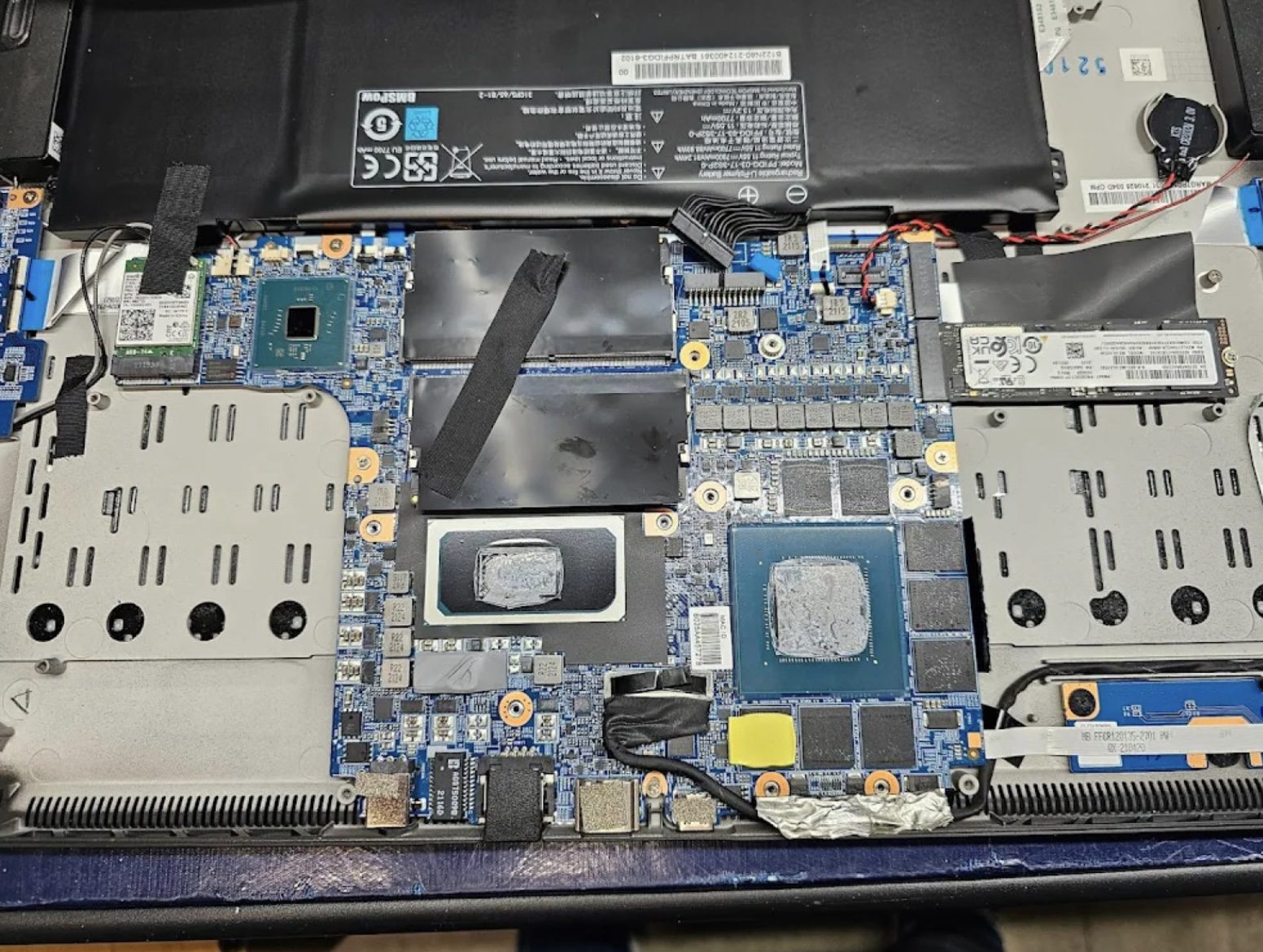In a world driven by digital information, data has become one of the most valuable assets a business—or individual—can possess. From customer records and financial documents to operational files, creative assets, and employee information, data powers our work and daily routines. But as data grows in importance, so does the need to protect it from loss, corruption, or cyberattacks.
Innovation in data backup technology is advancing rapidly, creating smarter, faster, and more secure ways to ensure that your files remain safe no matter what challenges come your way. Whether you’re a small business in Dayton or a remote worker handling critical tasks, reliable data backup is no longer optional—it’s essential.
For managed IT support, network protection, and business continuity strategies, you can find Dayton IT Help.
The Evolution of Data Backup: From Flash Drives to Intelligent Cloud Systems
Data backup used to mean saving files onto CDs, USB drives, or external hard drives. While those solutions still exist, they come with risks—physical drives can be lost, damaged, or fail without warning. Today’s modern backup solutions have shifted toward automated, intelligent systems designed to scale with your growth and protect your information long-term.
Cloud-based backup services now offer:
- Real-time syncing
- Automated file versioning
- Ransomware detection
- End-to-end encryption
- Remote accessibility
- Multi-location redundancy
This means your data is stored in multiple secure locations at once, dramatically reducing the risk of total loss. No more remembering to “back up” your files manually—the system does it for you, quietly in the background.
Why Businesses Need Multi-Layered Backup Strategies
Today’s threats aren’t just hardware failures—they include cyberattacks, accidental deletions, corrupted systems, and even natural disasters. Because of this, the most secure backup systems follow a multi-layered approach.
This usually includes:
1. Local Backups
Fast recovery for everyday mishaps or accidental file deletion.
2. Cloud Backups
Off-site protection in case of physical hardware loss or larger disasters.
3. Versioned Backups
Multiple versions of the same file saved over time—ideal for correcting overwrites or ransomware attacks.
4. Automated Schedules
No human error. No forgotten backups.
Together, these layers ensure your data is protected from every angle.
Common Data Loss Scenarios (And How Modern Backups Prevent Them)
Most people assume data loss happens after a catastrophic event—but the reality is much simpler. Common causes include:
- Hard drive failure
- Accidental deletion
- Power outages
- Software updates gone wrong
- Ransomware or malware
- Spilled drinks
- Natural disasters
- Corrupted files
Studies show that hardware failure alone accounts for nearly 40% of all data loss incidents.
Modern backup systems solve this by keeping your important information stored safely across multiple secure locations, making recovery quick and reliable.
And if data loss is caused by a failing device, local professionals can assist with hardware solutions, diagnostics, and laptop repair.
Innovative Backup Features That Make Today’s Systems Smarter Than Ever
Backup technology has seen major advancements in the past few years. Some of the most innovative features include:
AI-Driven File Monitoring
Artificial intelligence detects suspicious activity—like mass file encryption from ransomware—and automatically freezes backups to prevent corrupted data from being saved.
Continuous Data Protection (CDP)
Instead of backing up once per hour or once per day, CDP saves changes in real time.
Zero-Knowledge Encryption
Not even the backup provider can read your data—only you hold the keys.
Geo-Redundant Storage
Your files are stored across multiple secure data centers, often in different states.
Instant Virtual Machine Recovery
For businesses: your entire system can run virtually while the original machine is being repaired.
These breakthroughs ensure minimal downtime, stronger protection, and easier recovery during emergencies.
How Data Backup Plays a Key Role in Business Continuity
A good backup strategy isn’t just about saving files—it’s about keeping your business running. If your system crashes, your team can’t work. If files disappear, projects stall. If ransomware strikes, operations come to a halt.
Modern backup systems ensure:
- Quick recovery after cyberattacks
- Continued access to essential files during outages
- Faster restoration of computers and servers
- Protection from human error
- Reduced downtime costs
For small to mid-sized businesses in Dayton, this can mean the difference between losing hours—or losing days—of productivity.
Choosing the Right Data Backup Solution for Your Needs
Not all backup systems are created equal. The best solution depends on:
- The amount of data you manage
- Your industry
- How quickly you need to recover files
- Your compliance requirements
- Your budget
- Whether you work remotely or onsite
A trusted IT support team can help analyze your setup and recommend a tailored backup strategy designed to protect your most important information.
Conclusion
As our reliance on digital information grows, so does the need for smarter, more reliable backup solutions. Thanks to new innovations in cloud technology, automation, encryption, and AI-driven protection, modern data backup systems offer unparalleled safety, convenience, and peace of mind.
Whether you’re safeguarding personal files or ensuring business continuity, investing in a strong backup strategy means investing in your future security.



































